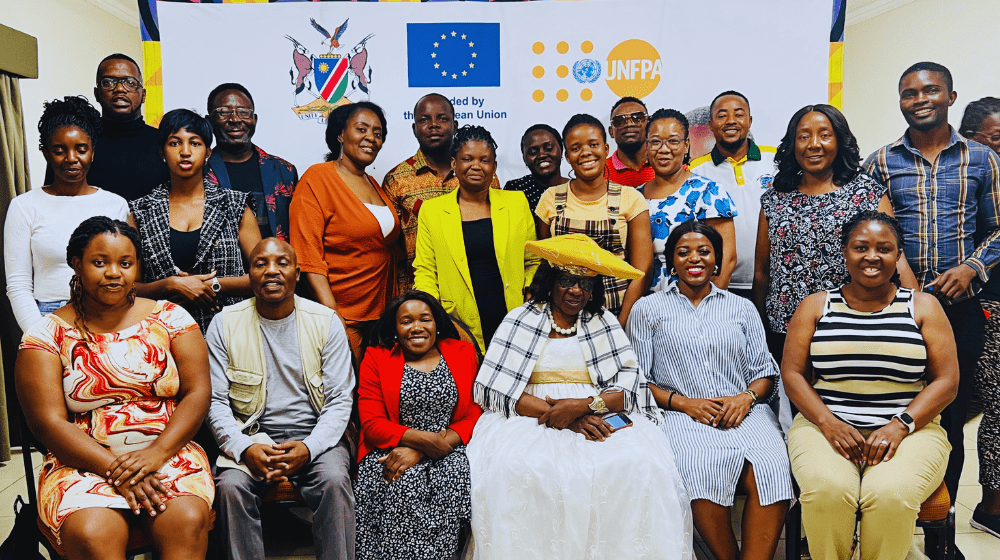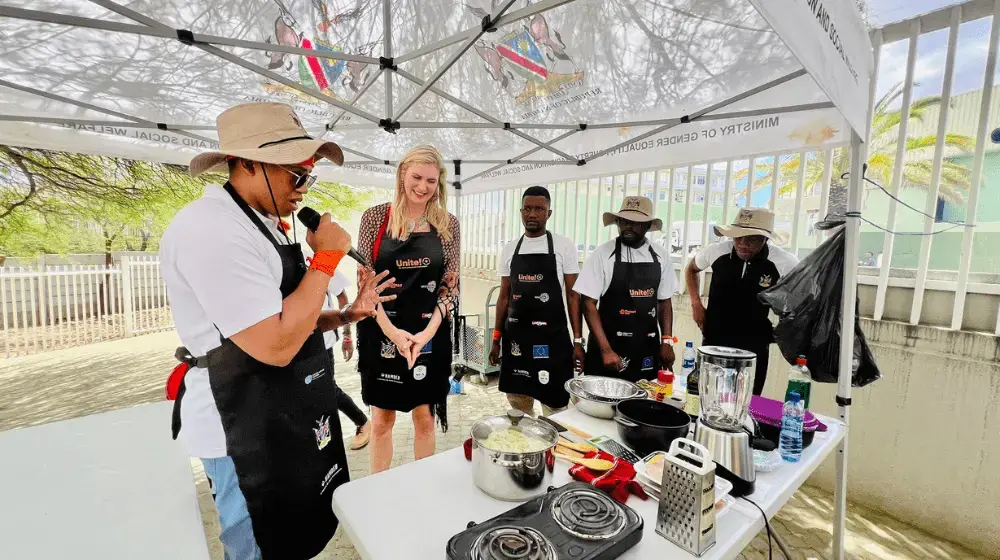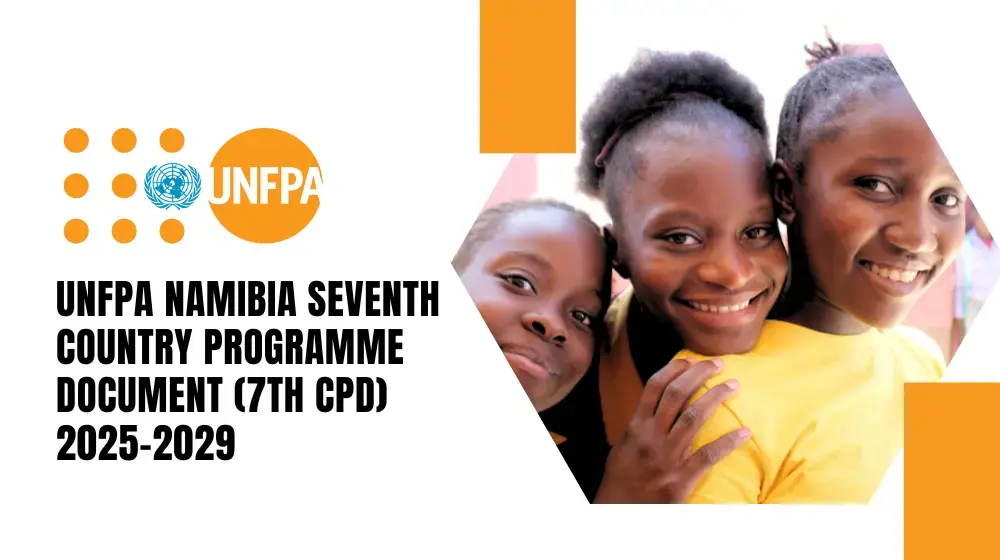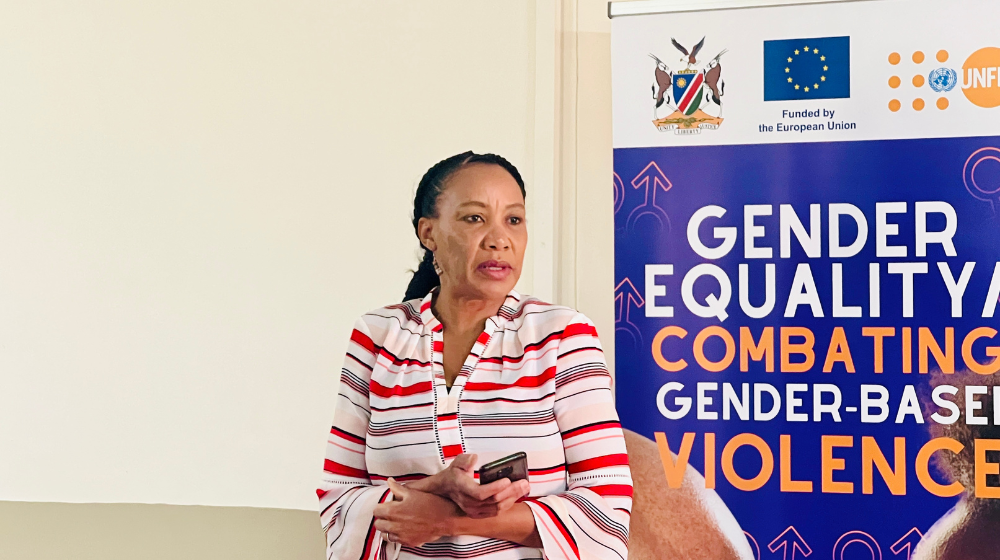
OTJIWARONGO, Namibia - As part of the Gender Equality and Combating Gender-Based Violence Project, launched in late November 2023 with funding from the European Union (EU) and the United Nations Population Fund (UNFPA) Namibia Country Office, an orientation workshop for civil society organizations was held in Otjiwarongo on 5-6 September 2024. This EU/UNFPA/Ministry of Gender Equality, Poverty Eradication and Social Welfare initiative, with a total budget of N$27.7 million, aims to strengthen community responses to GBV.
The workshop aimed to introduce participants to the project’s main objectives, targeted regions, and interventions. It highlighted areas of synergy and collaboration, exchanged information on recent experiences in GBV prevention and response, and discussed the implementation of cross-sectoral programs and policies related to GBV. Additionally, participants were introduced to the policies guiding the procedures and management of grants and other administrative duties related to the funding.
In her welcoming remarks, UNFPA Namibia Assistant Representative Ms.Loide Amkongo praised civil society organizations for their alignment with the national agenda. “I want to reaffirm UNFPA and the EU's commitment to working with partners, particularly the youth, who comprise 71% of the Namibian population,” she stated. “Together, we can advocate for evidence-based policies that promote the prevention of and response to GBV.”
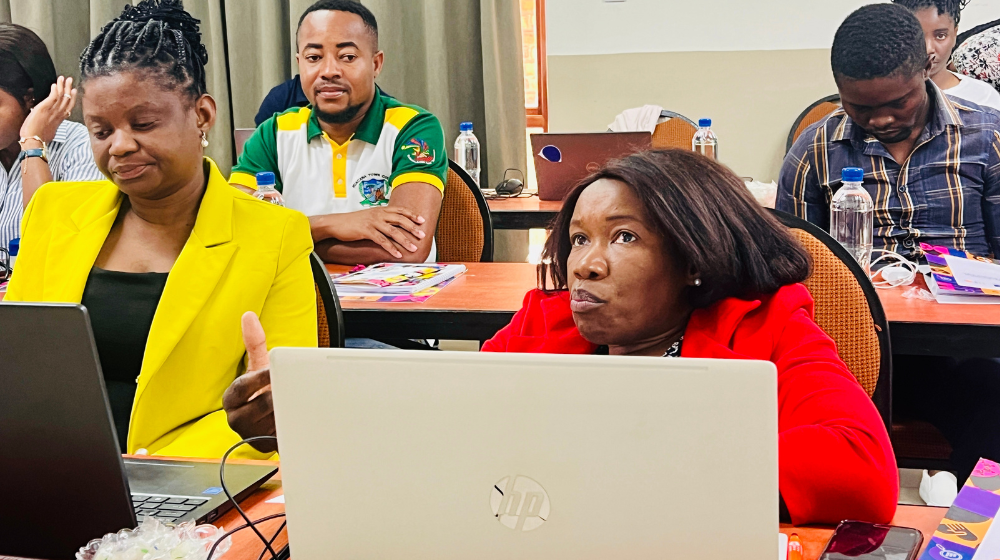
Ms. Merjam Sam from the Namibian Association of Differently Abled Women (NADAWO) stressed the importance of the training provided at the workshop. “Our organization is dedicated to preventing GBV, and this workshop has greatly enhanced our capacity,” she said. “The training aligns with our mission and helps us develop comprehensive strategies to support victims of violence.” She emphasized the importance of networking with other organizations and noted that the insights gained would be crucial for implementing new protocols to handle disclosures of GBV.
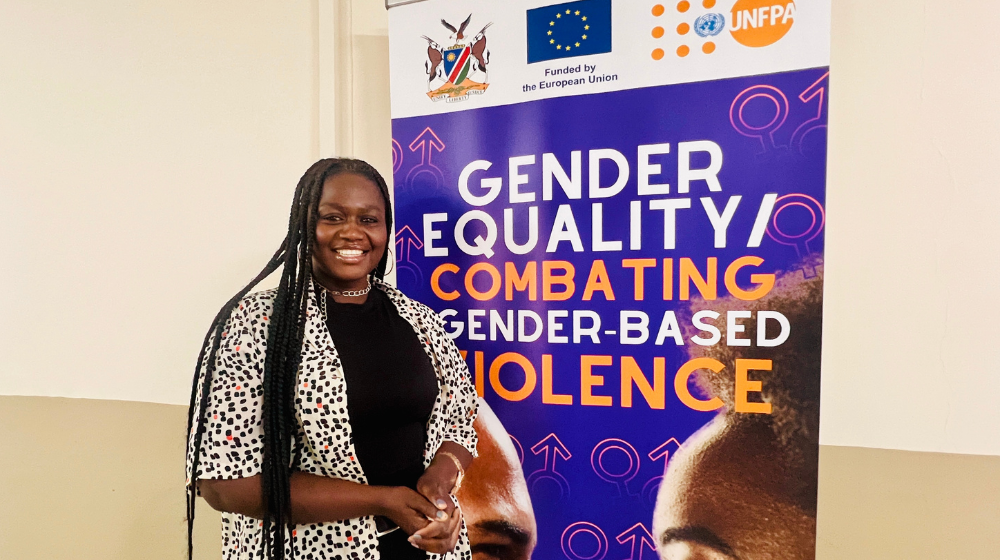
Similarly, Ms. Nonakie Kamishka from Omaheke Community Radio expressed enthusiasm about the workshop’s impact. “This training will strengthen my organization and myself as an individual,” she remarked. “We now have valuable information on GBV that will help us educate our community.” She also mentioned plans to establish safe spaces for survivors and to promote awareness through campaigns that engage all community members in discussions about non-violence and equality.
Both representatives expressed gratitude to the Delegation of the European Union in Namibia and UNFPA for their support and commitment to empowering local organizations.

